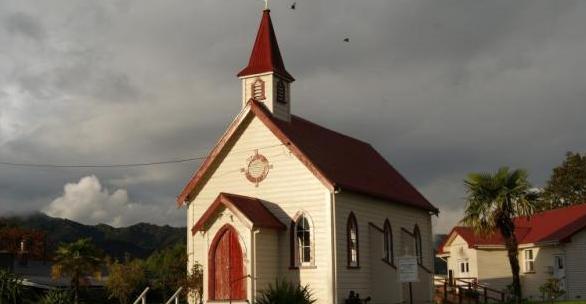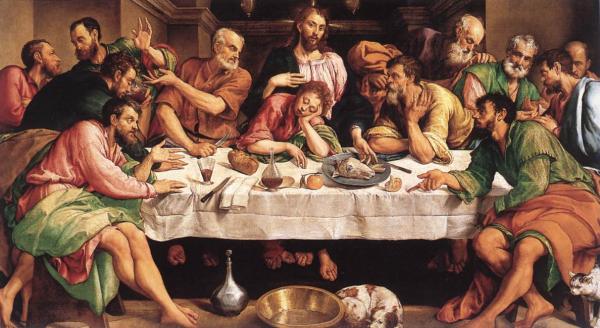If your car broke down, and you had to pay $400.00 to get it fixed, could you?

47% of all Americans don’t have enough savings to cover that emergency. They’d have to use a credit card or payday loan or sell something they own. So if that’s you, count yourself as among the “financially fragile,” nearly half of the American population.
That’s the sobering reality discussed in a recent Atlantic article titled, “The Secret Shame of Middle-Class Americans.”
People who live paycheck to paycheck, living insecurely in the face of unknown threats (job loss, divorce, medical emergency, car problems, etc.), often feel ashamed of the situation. Their response to it is silence and avoidance.
The author, noting his own financial insecurity, admits that,
the last thing I would ever do—until now—is admit to financial insecurity or, as I think of it, “financial impotence,” because it has many of the characteristics of sexual impotence, not least of which is the desperate need to mask it and pretend everything is going swimmingly. In truth, it may be more embarrassing than sexual impotence. “You are more likely to hear from your buddy that he is on Viagra than that he has credit-card problems,” says Brad Klontz, a financial psychologist who teaches at Creighton University in Omaha, Nebraska, and ministers to individuals with financial issues. “Much more likely.” America is a country, as Donald Trump has reminded us, of winners and losers, alphas and weaklings. To struggle financially is a source of shame, a daily humiliation—even a form of social suicide. Silence is the only protection.
Since financial insecurity is a reality for nearly half the population, perhaps that shame can be aggressively confronted–through the sheer pervasiveness of the problem. If you’re living on the precipice, on the edge of potential financial disaster, the odds are 1/2 that your neighbor is in the same boat. It’s maybe a little comforting to know that you’re by no means alone!
There are some great resources and guides out there for helping people work out of financial insecurity. Some of us need a little wisdom from people wiser than us on financial matters. Others of us need our consumerism confronted by good theology. Others may just need the support of a community of people working through the same problem.
A few years ago, a friend pointed me to the website of Mr. Money Mustache. He describes himself as “a thirtysomething* retiree who now writes bout how we can all live a frugal yet Badass life of leisure.” For Mr. Money Mustache, financial insecurity can be overcome by bucking the system of consumer capitalism, making wise but hard choices, and doing a bit of life-hacking along the way. He offers an invitation to “join the cult” (i.e. community). Personally, as much as I admire his principles, I have yet to put them into practice.
As the article points out, sometimes life just happens. It may be, in those times, no amount of discipline or foresight or wisdom can circumvent financial challenge.
Speaking as a theologian, I’d just like to say that our churches have probably, by and large, failed in addressing this most practical of realities. Rather than helping people address their own financial insecurities, churches tend to continue to ask for money–and wonder why people aren’t “tithing” like they used to.
This seems like a big opportunity for ministry in the churches–and for missional ministry to those outside of them–nearly 50% of whom are financially insecure.











